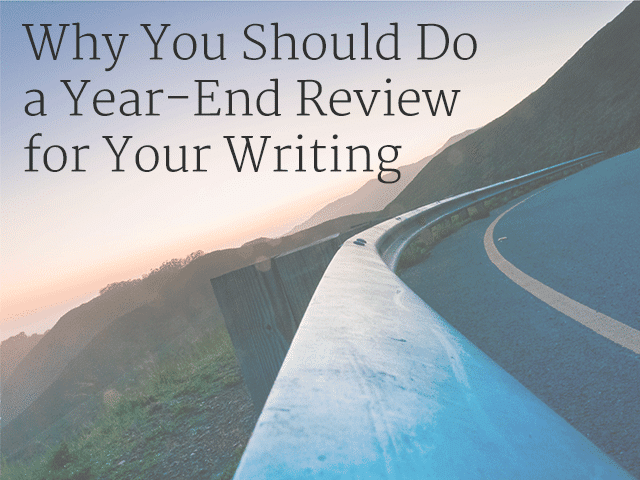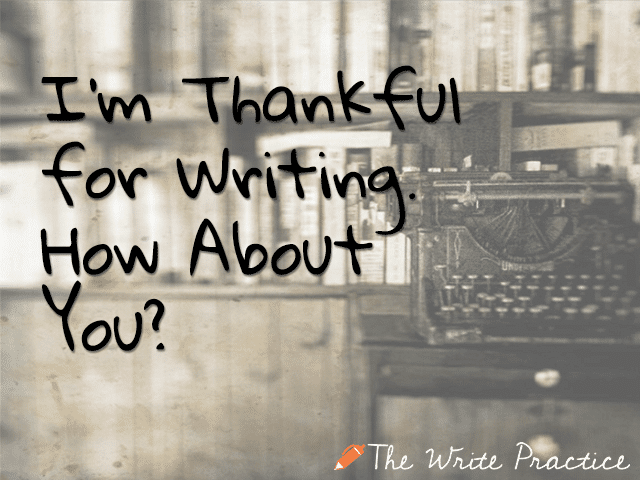
by Joe Bunting |
If you celebrate Christmas, I hope you had a restful and joy-filled time with the people you love most. If you don’t, then my warmest holiday wishes to you.
The year is nearly over (can you believe it?), and I’d like us all to take these last few days of the year to breathe in what we’ve accomplished in our writing over the last year. This is usually a time of release. We’ve finished the manic shopping before Christmas. We’ve eaten more than we should but we’re putting off our workout/dieting until January 1. We are relaxed, satiated now, and so this is the perfect time for a year-end review of our writing.

by Joe Bunting |
I first wanted to become a writer because I read those great books (you know the ones: Great Expectations and Harry Potter and Les Miserables and On the Road) and thought, “Wouldn’t it be wonderful to do this all day, to spend your afternoons having conversations with interesting characters and dealing with the deep challenges of the soul?”

by Joe Bunting |
It’s nearly Thanksgiving in the U.S. If you’re like me, every time you go on Facebook, someone is posting what they’re thankful for, the thirty days of thankfulness I believe it’s called. In the spirit of the season, today, I want to talk about one thing I’m very thankful for: writing.
by Joe Bunting |
Why is it that when you love someone’s writing, you want to read every book they’ve ever written? Why is it that some readers will buy all of J.K. Rowling’s books, even if she’s writing in a completely different genre than the Harry Potter series? And for us writers, how can we go from “unknown writer” to “published author”?
It’s all about your writing voice.

by Joe Bunting |
If you’re like me, one of the main reasons you read is to receive an emotional transference from the author. You love books that don’t just make you think, that don’t just entertain, but that make you feel something.
It’s the magic of reading: that an author can arrange a series of letters in a certain order and that these letters can affect our emotions.
As a writer, how do you develop mood in a short story or in the chapter of your novel without telling? Is it possible to build up emotional language without saying what the emotion is? In other words, can you make people feel something without writing like Stefenie Meyer or E.L. James?






